Switzerland Travel Guide
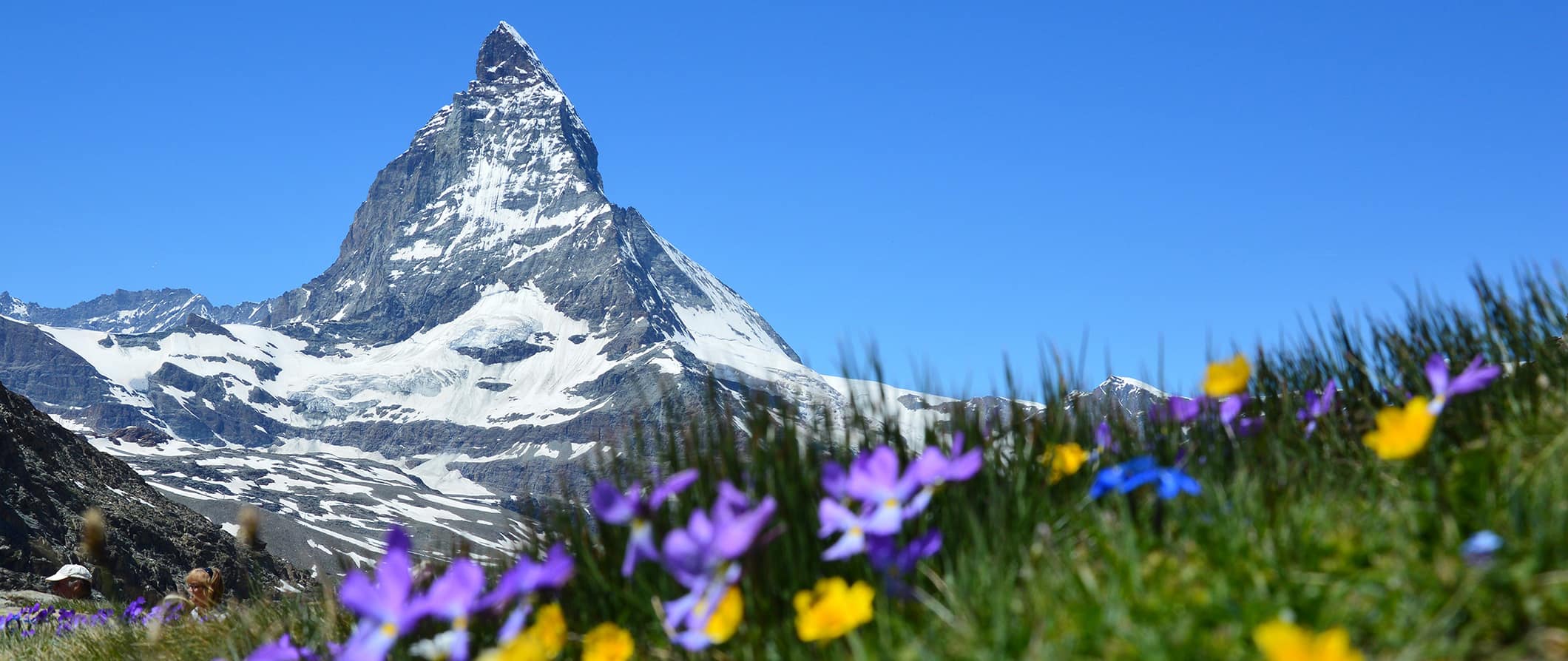
As one of the most expensive countries in Europe, Switzerland is often skipped over by budget travelers. Having been here, I can say that before you even get out of the train station/airport, you’ll begin to wonder “how the heck did I spend so much money already?!” It is an expensive country with only a few ways to save money. But that being said, Switzerland is one of the most beautiful places on earth – and beauty has a price! The country is home to shimmering lakes, picturesque mountains (hello Alps!), tiny walled medieval towns, soaring peaks, endless green fields you want to run through, delicious chocolate, beer, and friendly people. Everything runs on time here, the country is safe, and everyone is super nice. I loved my time here. The country rocks no matter what time of the year you visit (summer hiking, winter skiing). To help lower your costs, use this guide to Switzerland to travel the country on a budget!
Top 5 Things to See and Do in Switzerland

1. Visit the capital, Bern
Bern has an amazing historic town center that you’ll want to walk
around all day long. It’s filled with ancient clocktowers, cobblestone
streets, churches, and buildings. Be sure to walk the river way (and
surrounding park), relax with a good book, visit the history museum, and
check out the local bear!

2. Ski the Matterhorn
Matterhorn is the epitome of it all. You’ll have to take a train or bus
into the area as cars aren’t allowed. Not only do you need to ski here,
but you can come to admire what’s truly a pollutant-free area. And, if
you miss ski season, come hike the mountain in the summer. It’s not easy
but the views of the surrounding countryside are some of the best in
Switzerland.

3. Visit Zurich
Zürich
is also set on a beautiful lake, near the mountains, and is close to a
lot of other cities. I love the historic center that opens up on the
lake, sitting in the parks, and drinking a beer on the lakefront. The
city is also very arty and full of street art and exhibitions.

4. Be adventurous in Interlaken
Interlaken
is one of the outdoor capitals of the country (though it’s quite
touristy during peak season). There is a lot to do here for the
adrenaline-seeker: skydiving over the Swiss glacier, water-skiing,
skiing, hiking, etc. This is also ground zero for backpackers since
there’s so many free outdoor activities.

5. Visit the Swiss Riviera
The “Swiss Riviera” is situated in Lavaux (Cantan of Vaud) and goes
along Lake Geneva. You can visit vineyards that overlook the lake, the
castle Château de Chillon, and the town of Montreux, which is famous for
its annual jazz festival. It’s where you can hob knob with the well
heeled jet set of the region!
Other Things to See and Do
(Click the title to expand the text)1. Join in the Fasnacht Spring Carnival
This three-day festival is a three day long party that welcomes in the warm weather. Nothing in the town shuts down. It’s something that’s highly anticipated by both tourists and locals. Everyone here is in a good move!2. Explore Geneva
As the third largest city in Switzerland, Geneva offers spectacular views of the city’s lake (Lake Geneva), a plethora of museums, the world’s largest fountain, the UN, a historic city center, and a collection of international restaurants to satisfy anyone’s palate (thanks to the UN buildings in town).3. Hike Mt. Pilatus
Located right outside the city of Lucerne, this beautiful mountain has breathtaking views of the alps. From the city, you can take a cable car to the top or (better yet) hike its trails to the top to look out over the Swiss Alps.4. Picnic at the Rhine Falls
Pack a picnic lunch and look out at your view of Europe’s largest waterfall. Nearby in the town of Schaffhausen, you’ll find a medieval castle which also houses a hostel for cheap but interesting accommodations.5. Explore St. Gallen
The seventh largest city in Switzerland, St. Gallen boasts beautiful museums, colorful murals, and one-of-a-kind architecture.6. Visit the Old Villages
Visit the Graubunden area of the country, where you’ll find villages with houses dating back to the 13th century. Here they also speak an ancient language called Romanch, which has died out everywhere else in the country and take great pride in keeping the tradition alive.7. Have a romantic time in Montreux
With a picturesque castle (Chateau de Chillo) lying at the edge of a lake, this area makes for a pretty romantic destination. Tour the castle, which dates all the way back to the 11th century and inspired the likes of Lord Byron, Mary Shelley, and more. The town was also the home of Freddie Mercury and there is a statue here in his honor.8. Discover rural culture in Appenzell
This small village of 7,000 lies in the canton of Appenzell Innerrhoden. There are no cars and the village has upheld much of its local traditions and culture. Its location near the foot of the Alpstein mountains makes it a great gateway for participating in summer and winter outdoor activities.9. Visit Lucerne
You can’t get much more of a typical Swiss destination than Lucerne. Located on the beautiful Lucerne Lake, the city offers a wonderful combination of urban life and nature.Typical Costs
Accommodation
– Hostel dorms average 30 CHF per night, but in some major cities, they
can run as high 50 CHF. Private hostels rooms range from 80-120 CHF a
night for rooms that sleep two. Most hostels offer free linens, WiFi,
and some include breakfast. Hotels are super expensive. You should
expect to spend between 90-120 CHF per night for the most basic of
rooms. For something a little nice and more spacious, look closer to
150-200 per night. A much better alternative to hotels is Airbnb, where a
shared room in someone’s house typically costs 30 CHF a night and an
entire apartment is about 60 CHF.Food –
Although eating out is very pricey (as an easy comparison: Starbucks
coffee is 8 CHF while McDonald’s is 15 CHF), you can keep your spending
in check by going to the local supermarkets and buying your own
groceries. You’ll spend around 130 CHF per week for basics like pasta,
sandwich ingredients, sauce, rice, eggs, and fruits and vegetables.
Supermarkets also sell pre-made meals for between 5-9 CHF. Bars and
cafés are the cheapest food option, cost about 9-15 CHF for a lunch
special. Restaurants with table service are around 20 CHF for lunch and
40 CHF for dinner (starter, main, and drink) to start (prices go up from
there and I saw some Italian restaurants asking 35 CHF per main
course!! That’s expensive pasta!). You’ll typically find pizzas for
around 20 CHF in a restaurant. If you’re dining out (but still trying to
stick to a budget), you’ll spend an average of 45 CHF a day on food.
From there, the sky is the limit! For people who want to cook and eat
the occasional meal out, expect to spend around 20 CHF per day.
Transportation costs – Local buses around cities and towns cost between 2.50-5 CHF, depending on the length of time and number of zones you travel. Uber is available in Basel, Geneva, and Zurich. Intercity trains cost a lot of money. For example, Bern to Geneva (a two-hour train) costs 50 CHF! Expect to pay anywhere between 28-50 CHF for a second-class train ticket between cities. Switzerland doesn’t have an extensive inter-city bus system at the time of this writing.
Activities – Most museums cost around 10 CHF to enter (if you are a student, you’ll save 2-4 CHF off the price of your admission (be sure to have your student ID with you). All day hiking excursions or adventure activities begin around 70 CHF. Paragliding costs about 160 CHF and a bit more in the winter. Ski and snowboard lift tickets can cost anywhere from 27-75 CHF per day (depending on the mountain), and 6-day passes cost 4-5 times the price of the daily pass, so if you’re staying for a while, buy that.
Transportation costs – Local buses around cities and towns cost between 2.50-5 CHF, depending on the length of time and number of zones you travel. Uber is available in Basel, Geneva, and Zurich. Intercity trains cost a lot of money. For example, Bern to Geneva (a two-hour train) costs 50 CHF! Expect to pay anywhere between 28-50 CHF for a second-class train ticket between cities. Switzerland doesn’t have an extensive inter-city bus system at the time of this writing.
Activities – Most museums cost around 10 CHF to enter (if you are a student, you’ll save 2-4 CHF off the price of your admission (be sure to have your student ID with you). All day hiking excursions or adventure activities begin around 70 CHF. Paragliding costs about 160 CHF and a bit more in the winter. Ski and snowboard lift tickets can cost anywhere from 27-75 CHF per day (depending on the mountain), and 6-day passes cost 4-5 times the price of the daily pass, so if you’re staying for a while, buy that.
Suggested daily budget
70-100 CHF / 68/97 USD (Note: This is a suggested budget assuming you’re staying in a hostel, eating out a little, cooking most of your meals, and using local transportation. Using the budget tips below, you can always lower this number. However, if you stay in fancier accommodation or eat out more often, expect this to be higher!)Money Saving Tips
- Have an ISIC Card – To save 20-50% on the cost of admission to museums and other tourist attractions, be sure to present a valid student card. The ISIC is typically accepted in places where a foreign student ID is not.
- Use Couchsurfing – It’s a service that lets travelers stay with locals for free. It was a lifesaver that allowed me to keep my costs down the most. Since a lot of travelers use this service, make your requests for hosts early.
- Use BlaBlaCar – Transportation is very expensive, even more so than accommodation. Most intercity trains are around 50 CHF. That adds up too quickly! Instead, use the ride-sharing website BlaBlaCar to avoid the trains and meet locals. A word of caution: Be advised that many rides cancel. I had three rides cancel on me at the last minute (and one guy who just failed to even show up), so the service requires some flexibility. But when it works, it’s awesome.
- Use hotel points – Hotel reward points are a lifesaver in an expensive destination, where even hostels are expensive and the chance of getting a Couchsurfing host is small. Rack up a few hotel points by travel hacking before your trip and burn them while you stay in the country. Most hotel sign-up bonuses are around 60,000 points, which is worth about five nights at the chain hotels like Hilton, Marriott, or Starwood (just make sure you stay at their cheaper properties. Sorry, no W for you!).
- Don’t drink – Drinking is not cheap here. Most beers are around 8 CHF. (Plus, who wants to hike while hung over?) Most wines are between 10-25 CHF a bottle. If you must drink, stick to hostel bars where you can enjoy 2-for-1 happy hours and cheap drinks for around 5 CHF or buy your beers at grocery stores for as little was 2 CHF.
- Cook – With sit-down restaurants costing around 40 CHF per meal per person, eating out in Switzerland can be very costly, so buy your groceries. A week’s worth of food (bread, pasta, rice, eggs, vegetables, cheese, deli meats for sandwiches, and some assorted fruit) will cost you 75-100 CHF. The major supermarkets are Migros, COOP, and Spar. COOP is the most expensive.
- Go veggie – Meat is expensive in Switzerland. Every Swiss resident or expat I talked to told me about how they limit their meat consumption because it costs so much. Stick to veggies and avoid buying meat for your meals (especially beef). While I was trolling supermarkets and butchers for grocery prices (travel writing is glamorous, huh?!), I found a pound of meat was 12-14 CHF. At that price, stick to deli meats for protein!
- Use lunch specials – If you are going to eat out, do so during lunch when most lunch specials at cafes and restaurants cost around 10-19 CHF. Moreover, stick to the ethnic restaurants like Chinese, Middle Eastern, Indian, or Thai for the best deals and biggest portions (and closer to that 10 CHF price). Lunch specials are a great way to get a lot of bang for your buck and to enjoy the dinner menu but at a cheaper set menu price.
- Bring a refillable water bottle – At 2-4 CHF a bottle, that’s a lot of money spent on water after a few days. The water in Basel is safe to drink, so refill your bottle before you go out to save money.
- Book your trains early – While a train ride is a cheaper way to travel than the plane, you can get even cheaper rates by booking your train ticket early. Swiss Rail also offers one-day and weekend group passes to look into.

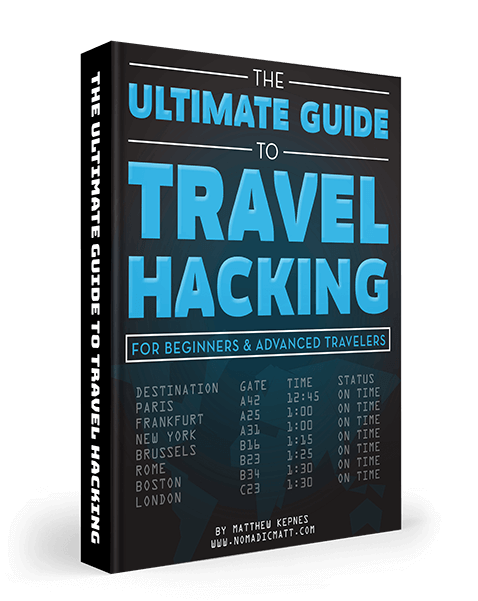
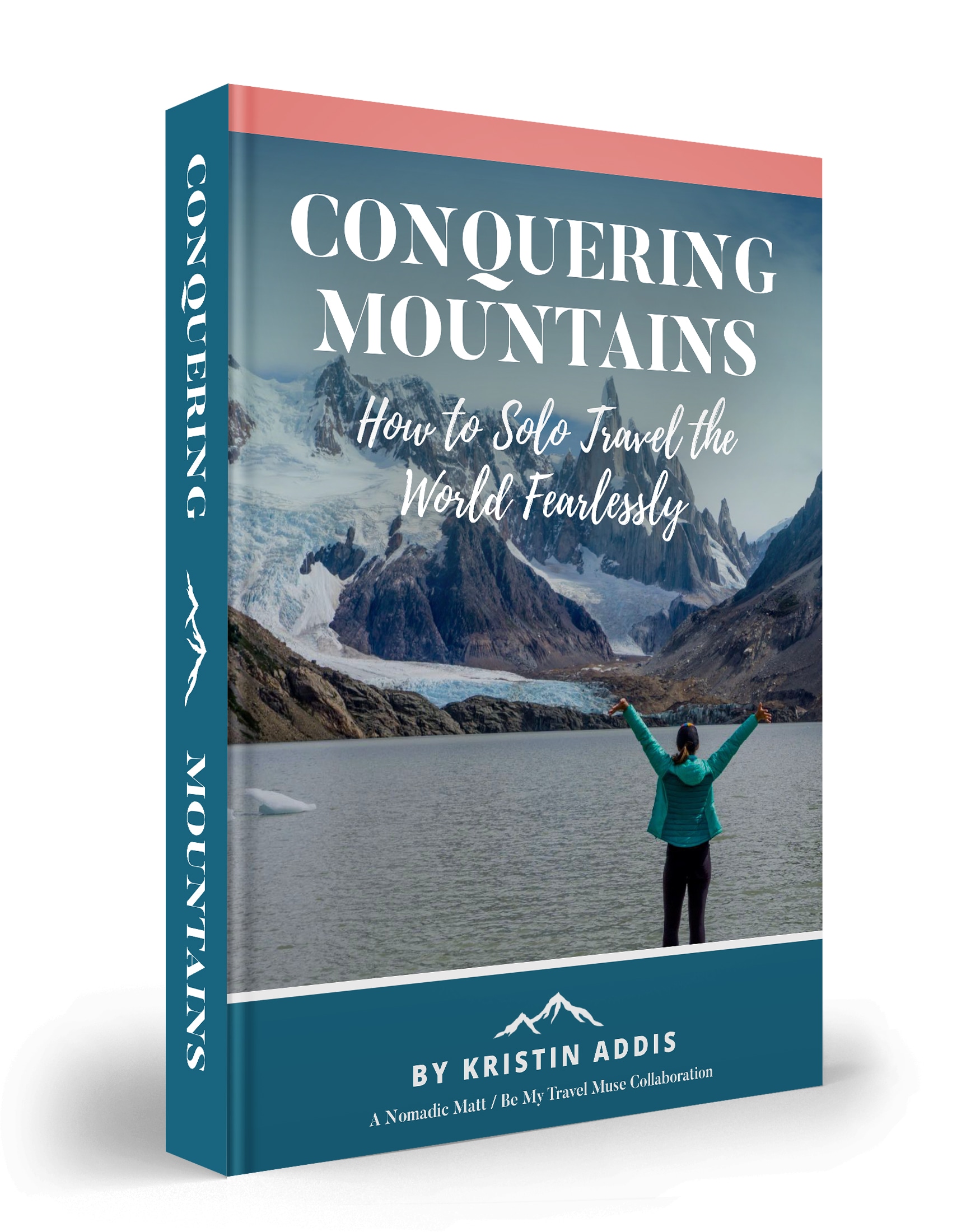
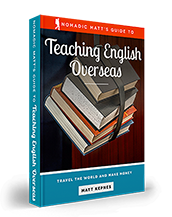
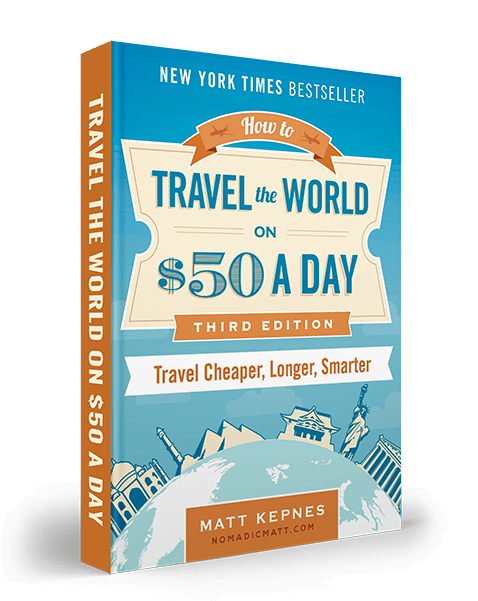
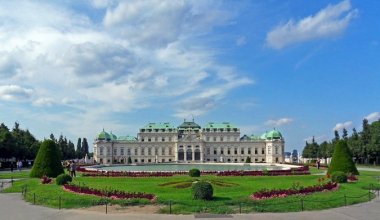

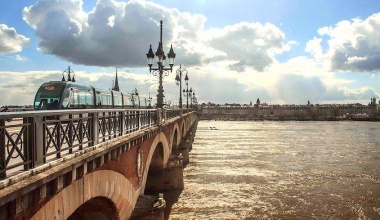
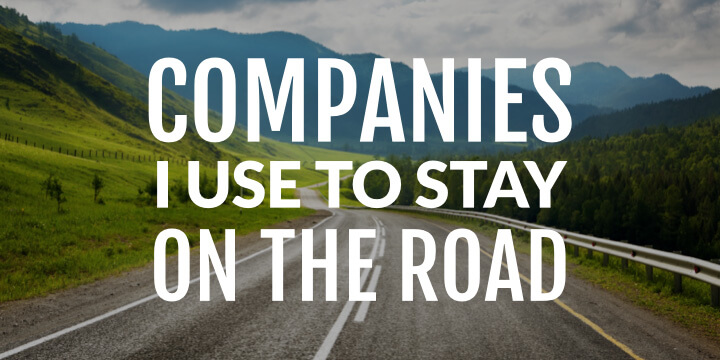

Post a Comment